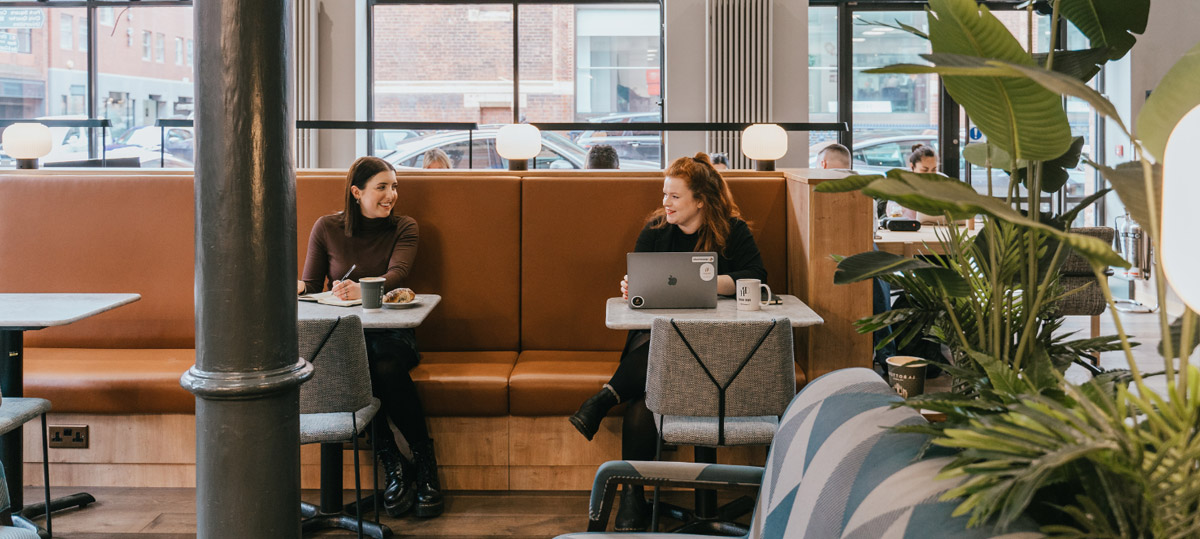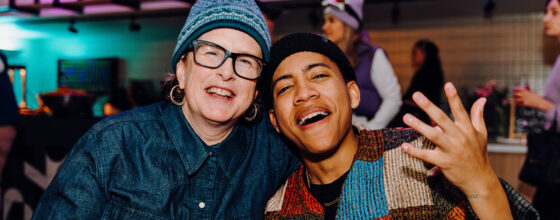Connection Over Capitalism: Spacemade’s Jonny Rosenblatt on the Future of Coworking

With more than a decade of experience shaping the coworking landscape, Jonny Rosenblatt—Co-Founder and CEO of Spacemade—brings a refreshing, human-centered perspective to how we build spaces for the future. Jonny joins Liz Elam, GCUC founder and host, to explore the intersection of community, technology, and flexible work.
From Headspace to Spacemade: A Pioneer in Flex
Before launching Spacemade in 2019, Rosenblatt founded Headspace Group, one of London’s earliest creative coworking brands. That venture helped define what a community-driven workspace could be long before coworking became mainstream. After selling Headspace in 2017, Rosenblatt teamed up with his late co-founder Dan Silverman, to create Spacemade, a company designed to help landlords deliver flexible workspaces that are beautiful, community-driven, and rooted in local culture.
Today, Spacemade operates 16 locations across the UK. Each one is unique, purpose-built to fit its neighborhood and audience, from healthtech hubs to fashion-focused studios to close-to-home suburban spaces that prioritize proximity and connection. Rather than rolling out one brand repeatedly, Spacemade crafts individual experiences that feel authentic to each community.
Connection Over Capitalism
At the heart of the conversation is a shared belief that connection is the real currency of coworking. As Rosenblatt notes, “You can’t just create a product for financial gain. It might work short-term, but it doesn’t hold its weight long-term.”
That philosophy aligns closely with GCUC’s long-held conviction: coworking thrives when people are prioritized over profit. Spacemade measures success not only by occupancy or revenue, but by how many of its members become evangelists, those who love their space enough to tell others about it.
AI That Serves the Human Experience
Spacemade’s approach to technology is pragmatic, not performative. The company leverages AI tools to handle time-consuming administrative tasks, from qualifying sales leads to managing late payments, allowing teams to focus on building relationships and delivering hospitality.
“AI should do the boring stuff so people can do the good stuff,” Rosenblatt explains.
The goal isn’t to replace human interaction but to amplify i,t creating space for genuine connection.
Sustainability and Impact by Design
As a certified B Corp, Spacemade integrates sustainability and social impact into every layer of its business. The company’s newly released 2025 Impact Report highlights initiatives around renewable energy, waste management, and community engagement. Each workspace supports local charities chosen by its own members and community teams, ensuring that impact stays personal, tangible, and meaningful.
The Next Evolution of Coworking
Looking ahead, Rosenblatt sees a growing need for clarity and purpose within the flexible workspace sector. As traditional real estate models crumble, the coworking industry has an opportunity and responsibility to redefine how people think about work and place.
“As the market moves in our direction, we need to look at our products through the eyes of the end user.” — Jonny Rosenblatt
In other words: the next wave of coworking won’t be defined by square footage or amenities, but by authenticity, connection, and brand purpose. It’s not just about where people work, it’s about why they choose to.






